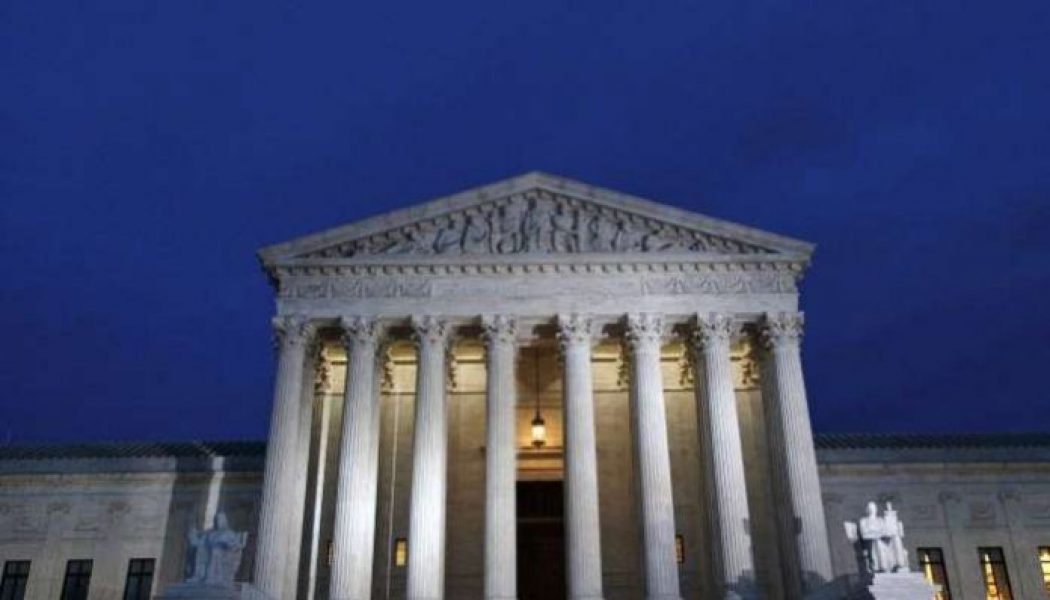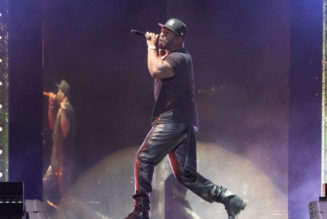
The U.S. Supreme Court set aside a federal appeals court ruling that former President Donald Trump violated the First Amendment when he blocked critics from following his Twitter account.
The case had already lost its practical impact given Trump’s election defeat and Twitter’s Jan. 8 decision to permanently ban his @realDonaldTrump account for glorifying violence.
But the two sides in the case continued to spar over the fate of the appeals court decision. Before Trump left office, the Justice Department asked the justices to wipe away the precedent, while those suing him sought to keep it intact.
The appeals court said a social media account run by government officials can become a constitutionally protected “public forum” if used to conduct official business. The Supreme Court has said the government may not discriminate in a public forum on the basis of a speaker’s views.
The case involved seven people blocked after criticizing Trump, meaning that when logged onto the social media site they couldn’t see his tweets, reply to them or retweet them. Those seven sued along with Columbia University’s Knight First Amendment Institute. Twitter Inc. wasn’t involved in the case.
Trump set up his Twitter account in March 2009 and brought it with him to the White House, where it became one of his favorite means of communication. Trump used the account to announce new policies, fire Cabinet secretaries, and later make unfounded claims of election fraud.
Justice Department lawyers argued that the ruling by the New York-based 2nd U.S. Circuit Court of Appeals would leave officials powerless to keep their social media pages from being overrun by harassment, trolling and hate speech. The Twitter users said government officials would still be able to block threats and obscenity and could take such steps as limiting the number of replies one person can post within a specified time frame.
The case, which was renamed after President Joe Biden was inaugurated, is Biden v. Knight First Amendment Institute, 20-197.










